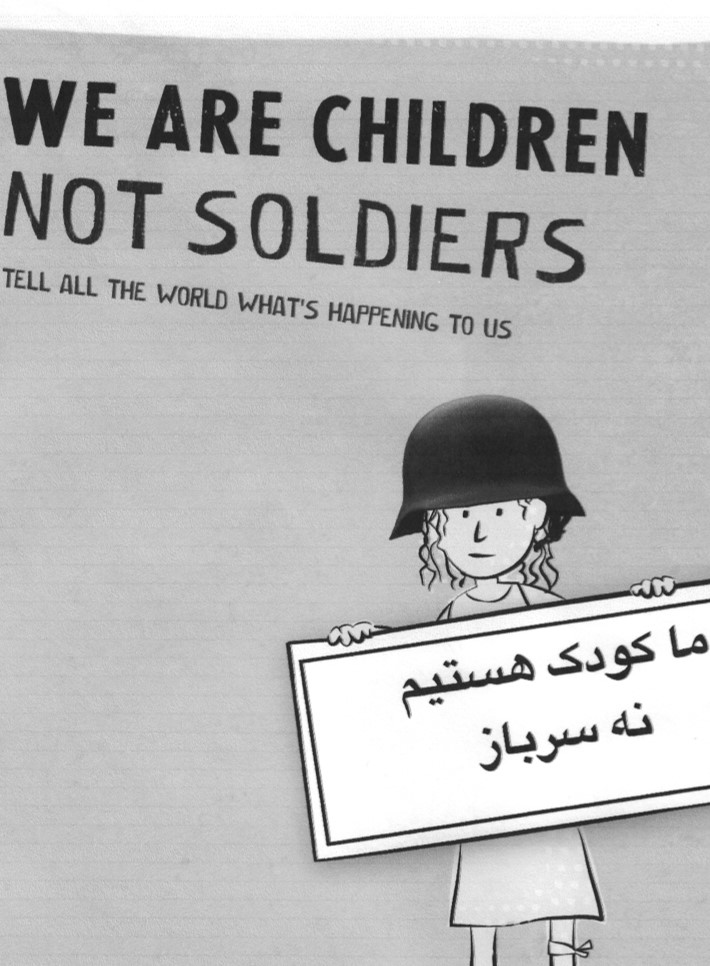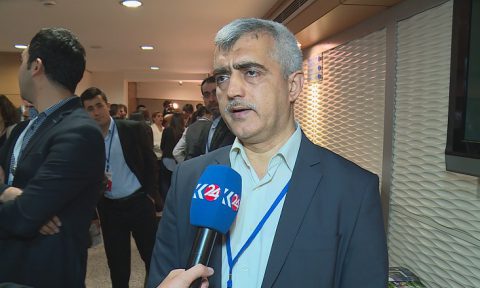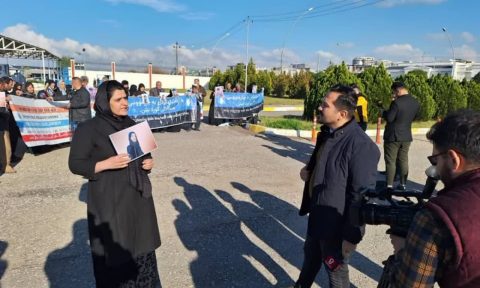Children’s rights: prohibiting the use of children as soldiers in armed conflicts.
As the most vulnerable members of human society, children need serious support from the international community, both in practical and theoretical-legal dimensions; because many crimes have been committed against this part of society. The development of children’s rights is aimed at defending their rights and confronting actions that seriously threaten children’s lives, and their physical and mental health.
Children, have the right to be respected like other members of a society and their civil, political, economic, social and cultural rights be recognized. One of the most obvious and basic rights of children, is their use as soldiers and military forces. This issue has great legal and security importance. So, the United Nations Security Council, officially entered the issue of the presence of children in internal and international armed conflicts by establishing the “Special Representative on Children and Armed Conflicts” in 1996 and recognized and condemned six serious violations affected the large number of children by wartime and called on the Secretary-General to submit a report on it.
In 2005, the Security Council established a monitoring and reporting mechanism to regularly monitor, document and report on violations committed against Children’s rights. Based on this information, in his annual report on children and armed conflict, the UN Secretary-General introduces parties to end these violations.
The six serious violations as a basis of collecting information and reporting violations that affect Children’s rights:
- Killing and maiming of children;
- Recruitment or use of children as soldiers;
- Sexual violence against children;
- Abduction of children;
- Attacks against schools or hospitals;
- Denial of humanitarian access for children.
Special Representative of the Secretary General for Children and Armed Conflicts
The mission of the Secretary-General’s Special Representative for Children and Armed Conflict was initiated by a General Assembly resolution in 1996 and following the publication of a report by Gracha Machel (former Foreign Minister of Mozambique) entitled “The Impact of Armed Conflict on Children”.
This report highlighted the disproportionate effects of war on children and identified them as the main victims of armed conflict. The Special Representative annually reports to the General Assembly and the Human Rights Council and shares the challenges facing children in conflict with political bodies such as the United Nations Security Council as well as relevant governments to maintain a sense of urgency among key decision-makers. Currently, the mission of the Special Representative has been extended for four years with the latest resolution approved on December 16, 2021.
Who is the child?
In the legal field, in 2000, the Optional Protocol to the Convention on the Rights of the Child regarding the participation of children in armed conflicts was approved by the United Nations General Assembly and entered into force in 2002. According to this protocol, the ban on entering armed conflicts has been increased from 15 to 18 years, and governments are required to take the necessary measures to ensure that children do not enter armed conflicts. The Convention on the Rights of the Child defines the age required to participate in the war as 15 years. But the optional protocol has increased this age to 18 years. Recruiting children under this legal age as soldiers is prohibited and defined as a war crime by the International Criminal Court. Even the Secretary General of the UN has considered the minimum age requirement for soldiers participating in peacekeeping missions and has asked countries to send soldiers preferably over 21 years of age to this national operation. According to the Worst Forms of Child Labor Convention, adopted by the International Labor Organization (ILO) in 1999, child labor is one of the worst forms of child labor.
What do the statistics say?
Thousands of children are recruited in armed conflicts around the world. From 2005 to 2020, more than 93,000 children were recruited by the parties involved in the war; These boys and girls, often referred to as “child soldiers,” suffer from widespread forms of exploitation and abuse that cannot be fully captured by the term. They use children not only as fighters, but also as scouts, cooks, porters, guards, messengers, etc. Many, especially girls, are also exposed to gender-based violence.
In the headquarters of armed groups and areas under the control of these groups, child soldiers are threatened, exploited, and subjected to physical and sexual violence. They are told that they and their families will be harmed if they try to escape, so children sometimes stay in groups for years. Among children, the role of girls is different as they are usually abducted to become wives of fighters or used as sex slaves. They are kept in captivity and are tortured every day. Often, they are forced to bear children for adult members of the organizations that kidnapped them. However, regardless of role and gender, all child soldiers are denied the right to grow up in a safe and healthy environment.
Why child soldiers?
Children become part of an armed force or group for various reasons. Some of them are kidnapped by armed people, others are forced to take up arms due to poverty because they have to earn money for their family. Some child soldiers, tired of living in conflict zones, think that joining armed groups will provide them with shelter, protection and security. And finally, some have to enter the battlefield to survive or protect their communities (against attacks by state or non-state armed groups). In fact, a set of pressure and attraction factors have caused children to join these groups.
In countries where law enforcement is weak, the political situation is unstable, and the central government is not strong, children are more vulnerable to forced recruitment as armed forces. The majority of child soldiers are recruited by non-state extremist groups. This also highlights the role of governments and international cooperation to eliminate this phenomenon. In fact, governments play an essential role in this field. At the end of this short note, it can be said that children should not be present in armed conflicts; the perpetrators of this action also have the possibility of trial in the International Criminal Court, and this is directly related to the determination of the governments.










